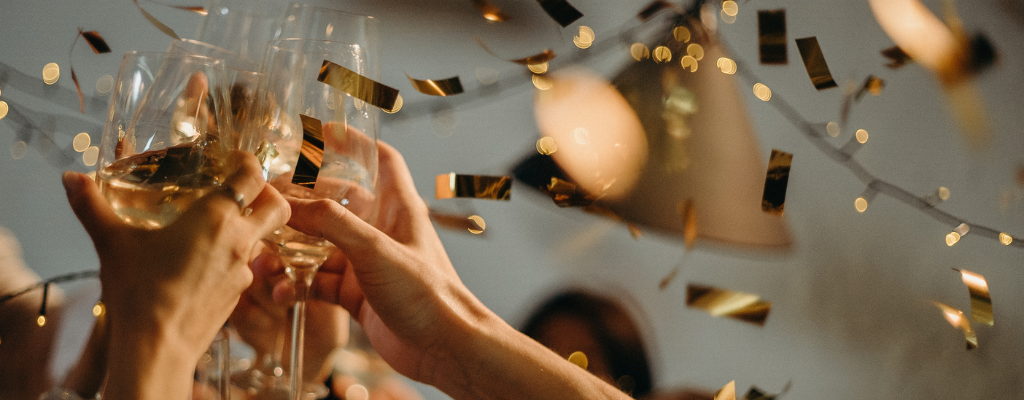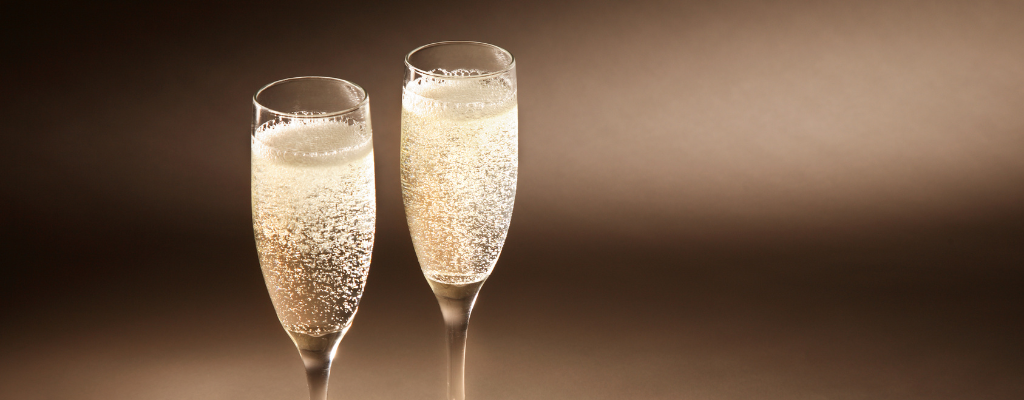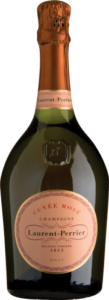Published on October 27, 2023.
Let’s do it with a BANG!
Champagne is believed to have been accidentally invented by the Benedictine monk, Dom Perignon when he created his first batch of wine. This batch developed into sparkling unintentionally, and he attempted to get rid of the bubbles. Had he succeeded, we may not have the sparklers that we know and love today.
During the early years of the 18th century, champagne was drink by the aristocracy in the French court. Equating the reputation with celebration s and luxury.
By 1900, production of champagne had soared, and 30 million bottles were exported. Because the process of production is labour-intensive, the cost of champagne is high, Therefore, not everyone could afford a bottle of bubbly, which only added to its desire and prestige recognition. This led to the expansion of the sparkling wine industry, resulting in many high-quality champagne alternatives.
Champagne is a sparkling wine which got its name after the region in France, called Champagne. The region Champagne is located approximately 150 kilometres on the east of Paris. The name Champagne is protected and valid only under appellation (the name champagne can only be used by the growers from the champagne region) with very strict rules of grape-growing and wine production.
Champagne is seen as a ‘luxury’ item even since 1789, originating in the royal courts of Europe. It is viewed as a status symbol. After the French revolution, it became part of the secular rituals that replaced formerly religious rituals.
Nothing has been able to dull the reputation of Champagne – it has survived two world wars (the location of the Champagne region meant its vineyards were in the heart of the action), the Great Depression and numerous recessions since. Global Champagne sales have been growing since the 1950s, and Britain has long been one of the biggest export markers for it.
Share this article
Click here to receive the latest and greatest promotions, new products, competitions and so much more straight to your inbox.










